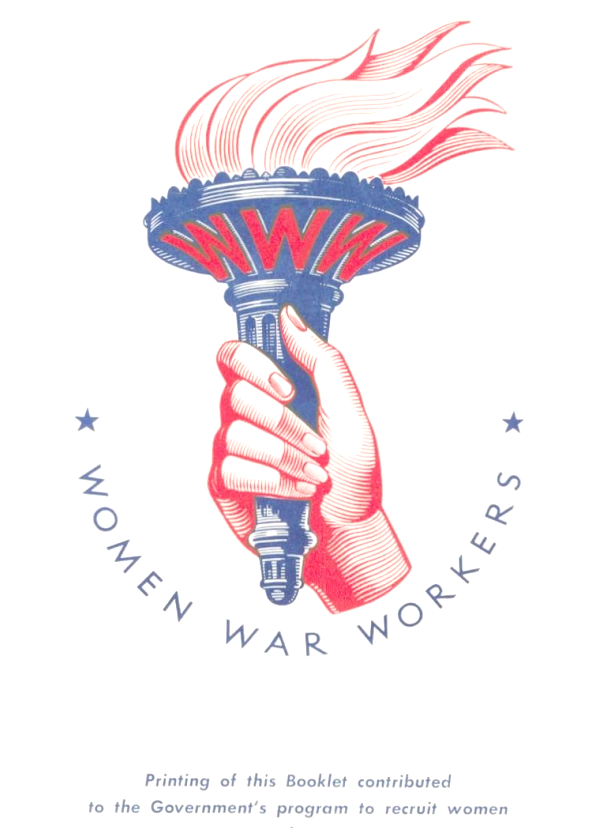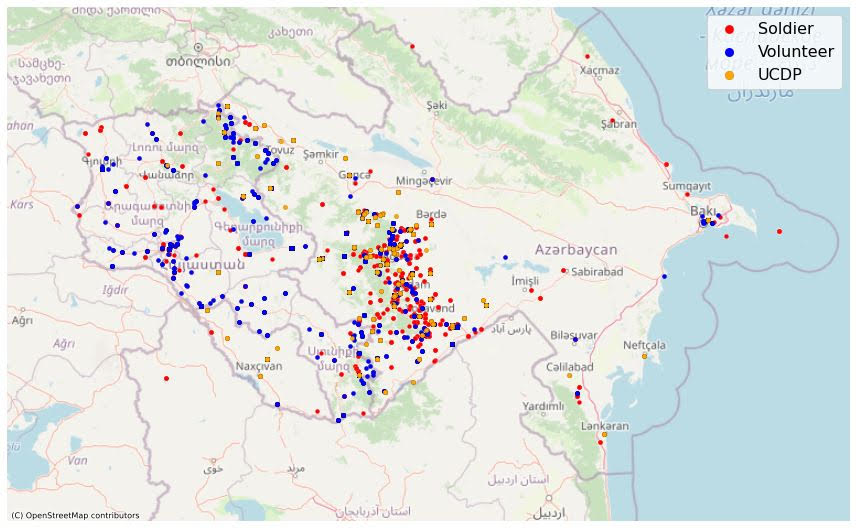Working papers

Wartime Narratives and Gender Norms (JMP)
Awarded the 2025 Mixtape Fellowship by Scott Cunningham
Abstract
Can governments rapidly reshape social and gender norms through mass media in response to large economic shocks? I focus on the U.S. home front during World War II, when severe labor shortages prompted the federal government to actively promote women’s employment through nationwide media campaigns. To examine how this effort reshaped public discourse, I construct a new dataset combining historical newspapers with a newly digitized archive of women’s magazines, allowing the tracing of changes in representations of women before, during, and after the war. Exploiting local variation in war-induced labor shortages and using an event-study design, I document a pronounced wartime shift toward portraying women as workers, followed by a rapid retreat once the war ended. While these narratives were short-lived, areas more exposed to wartime pressures experienced a more persistent increase in the visibility of women in public discourse. I then examine whether exposure to wartime narratives influenced postwar attitudes toward women’s roles. Combining historical survey data with a shift-share strategy based on magazine circulation and content, the results suggest that institutional messaging can rapidly reshape social narratives, with effects that may persist beyond the original economic shock even as economic conditions revert.
Presentations
Third Political Economy CCA-Cornell-Bocconi Winter Workshop (poster)

Sons of War: the Effect of Conflict on Son Preference
Awarded the Grigor Artsruni Award at the Armenian Economic Association Conference (Yerevan)
Abstract
Armenia and Azerbaijan, engaged in the Nagorno-Karabakh conflict, are known for their strong son preference and widespread use of abortion. In such a peculiar setting, we ask: does ethnic conflict affect son preference? By merging Demographic and Health Survey (DHS) data with two different sources of conflict-related casualties, we investigate the effect of ethnic conflict on fertility decisions. To do so, we leverage variations in geographic and temporal exposure to conflict-related violence in the context of the First Nagorno-Karabakh War (1988–1994), alongside variation in the gender composition of children between families. We find that families with only daughters exposed to conflict increase their fertility in the very short term. Furthermore, our analysis of births by gender reveals that this result is driven by the birth of sons. Conflict intensifies son preference, manifesting in son-targeted fertility behavior and sex-selective abortions. Lastly, we identify child replacement as a mechanism contributing to the increase in fertility, driven primarily by the replacement of male children.
Presentations
5th DevEconMeet, 2025 (University of Florence)*; Fragile Lives 2025 (International Security and Development Center); ArmEA 2025 (American University of Armenia)*; 2025 Mend the Gap in Economic Opportunities in Europe and Central Asia (World Bank, Axa Gender Lab at Bocconi University & EIEF)*; 2025 BAEM (Bristol Applied Economics Meetings) Workshop on Gender, Diversity and Human Capital; 2024 FROGEE Academic Conference (SSE); IELM-DD Internal Seminar (Centre d' Économie de la Sorbonne)
*indicates presentation by co-author